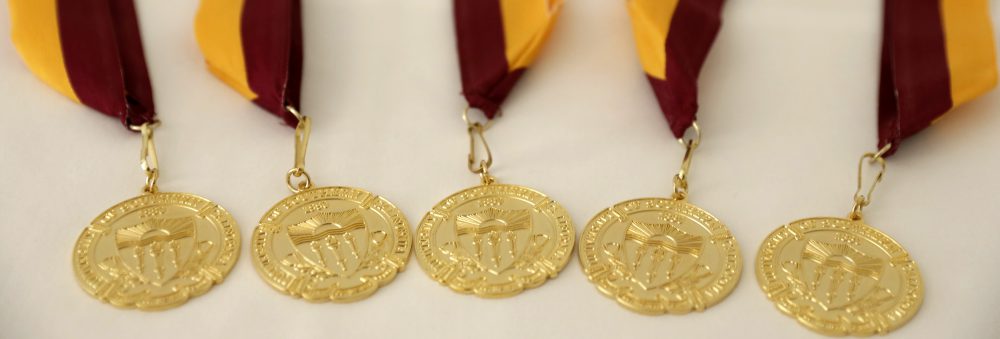February is recognized as Black History Month. Since 1976, February has been designated as the annual celebration of the achievements of African Americans and their prominent role in American history. Black history is not limited to one person, country or experience. Many schools and universities develop programs to educate their students about the richness of Black history, as well as using the month as an opportunity to showcase current achievements within the Black community. Here at USC, the Center for Black Cultural Student Affairs (CBCSA) partners with student organizations, resource centers and local community leaders to coordinate events for Black History Month. Though CBCSA coordinates these events, its main role is to serve as a resource for Black students on campus.
CBCSA was created in 1977 through the work of student activists who recognized the need for services and resources for Black students at USC. Since its creation, the primary goal of CBCSA has been to retain Black students at USC by giving students the opportunity to develop academically, culturally, socially and professionally.
“I think it’s important because students need to be able to see people that look like them, especially at places like USC,” said Dr. Rosalind Conerly, director of CBCSA.
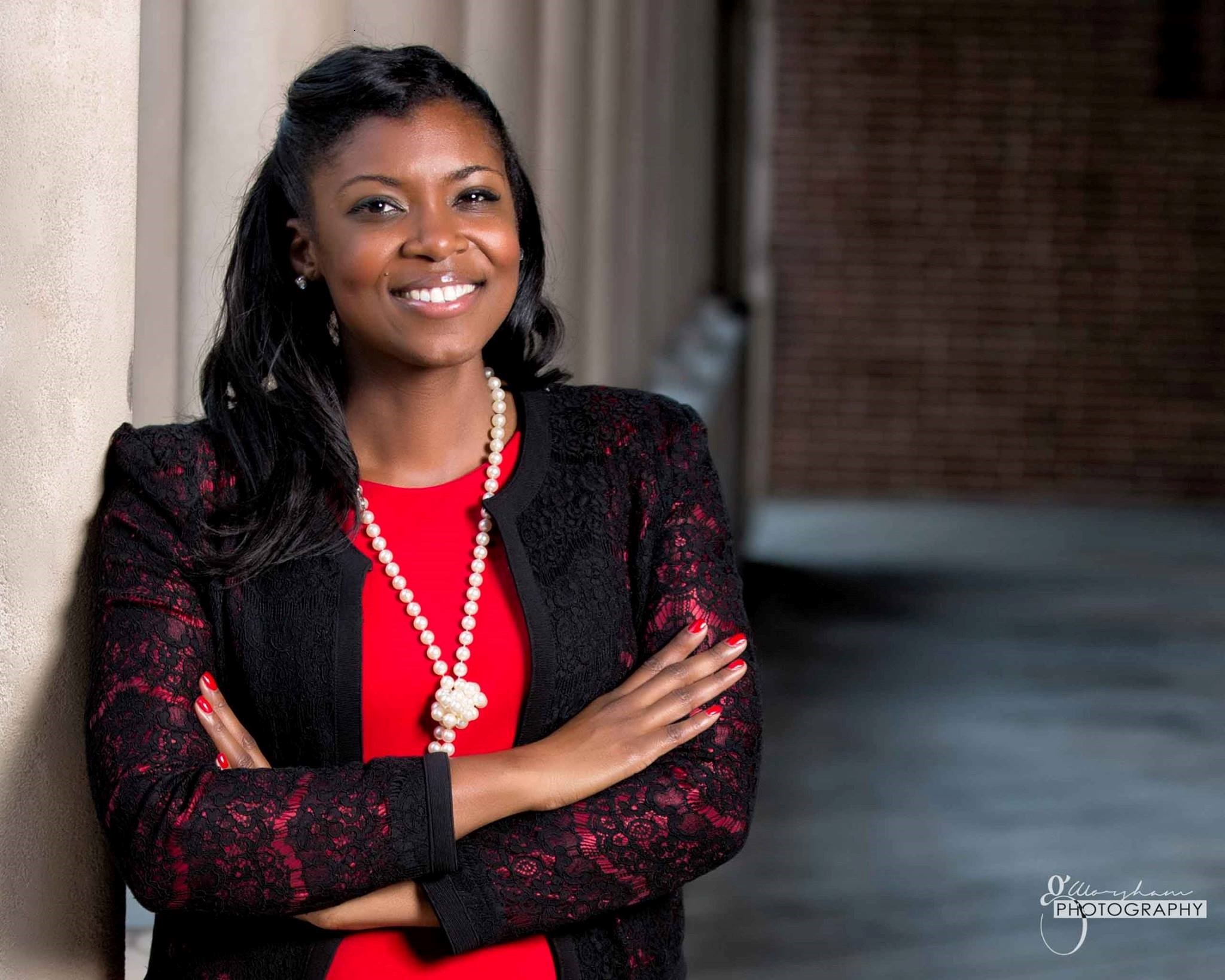
Dr. Rosalind Conerly, Director of CBCSA
A Southern California native, Dr. Rosalind Conerly, has passionately served students in CBCSA since 2012 beginning as the assistant director. She is a first-generation college student with a bachelor’s and master’s from the University of Nevada-Las Vegas. Conerly also has a Doctorate of Education degree from USC Rossier. She leads the center with Assistant Director Dr. Theo Fowles.
“We provide a safe space for students to have conversation and get feedback from one another where they may not be able to do that in the classroom,” said Conerly.
CBCSA also has a legacy of involvement with the Black community here in Los Angeles. The first director of CBCSA, Mr. Willis Edwards, established the Beverly Hills chapter of the NAACP. Because of Edward’s legacy of involvement, CBCSA works hard to keep their bond with the Black community in Los Angeles through events and by supporting Black owned businesses.
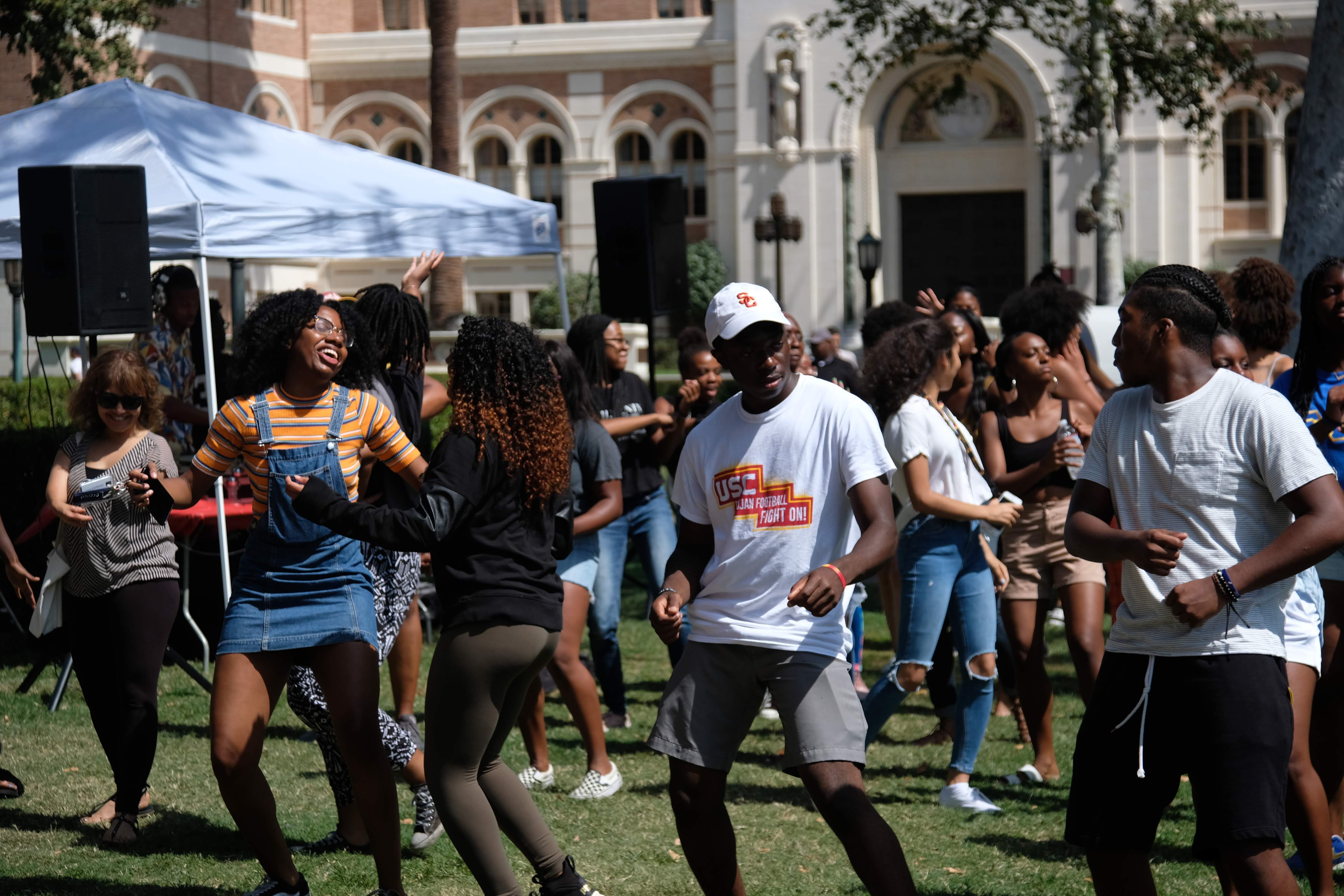
Student’s enjoying CBCSA’s annual Labor Day BBQ
In her role, Conerly sits on many committees at USC advocating and sharing the narrative of Black students. She and her team work tirelessly to empower students, advocate on their behalf, educate administrators on students’ needs and provide the necessary resources for students.
“I’m also able to do what I call consulting with a lot of faculty and administrators in academic units who are trying to figure out how to better engage with their Black students,” Conerly said. “Because we are not attached with an academic discipline, we are able to see students across disciplines.”
CBCSA provides a large assortment of student development, engagement and cultural programs for Black students. The Black and Latinx New Student Symposium is a one day orientation for all incoming students, undergraduate and graduate, to learn about campus involvement opportunities and resources. Weekly “Real Talk” is a facilitated discussion hosted in the center for students to openly discuss topics like social justice and campus climate. Through these programs, CBCSA aims to create and maintain a space for Black students to feel included, confident and secure.
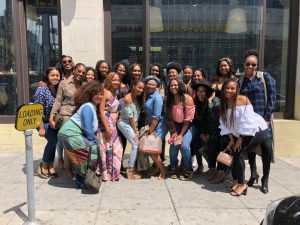
Sistah Circle’s End of Semester Brunch
In addition to their programming, CBCSA supports student organizations for Black graduate students. The Black Graduate Student Network (BGSN) focuses on connecting Black graduate students across departments and disciplines. Grounded in Black feminist thought, Sistah Circle provides a space for Black women in various graduate programs. There are also academic and department specific Black graduate student organizations such as the Black Graduate Business Leaders, Black Law Student Association, Black Social Work Caucus and Rossier’s JENGA.
“There are more black graduate students than undergraduate students,” Conerly said. “We work hard to figure out ways to support graduate students knowing that they can’t make it to the center and events all the time.”
During Black History Month, CBCSA partners with its undergraduate counterpart organization, the Black Student Assembly (BSA) to put together one calendar of events for February.
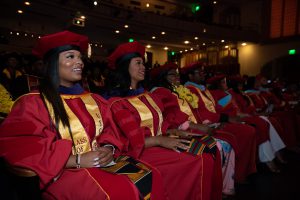
Graduates waiting to cross the stage at CBCSA’s African American Cultural Celebration.
“It also encourages other students to come out to these events because they are not just for the black community, they are for the USC community,” Conerly said.
This year, CBCSA hosted their second annual F.R.O. (films representing ourselves) Fest, a film festival that gave black filmmakers a chance to showcase their work. Other events for the month include a gala, basketball tournaments, lectures, panels and game nights.
“We make Black history month very impactful by showcasing our Black community here at USC as well as our alumni,” Conerly said. “It’s our launching pad for everything else planned later in the semester.”
For more information about CBCSA, please click here.

The 2019 Black History Month.
